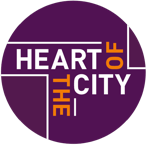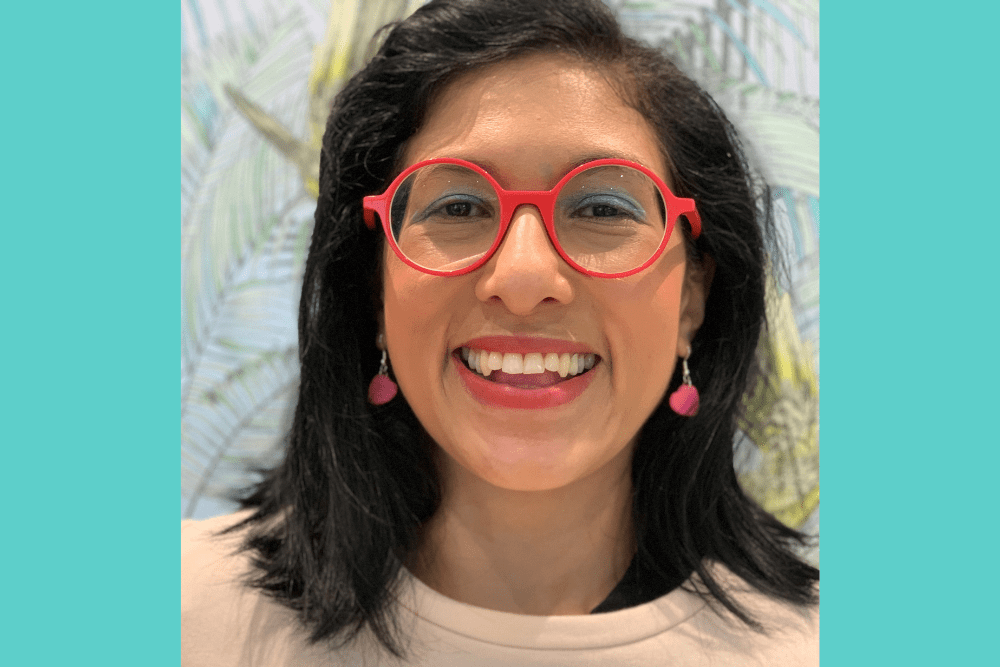Every month we like to share a recommendation from one of our ambassadors: something that inspires them in their responsible business work. In our first Recommends of the year, Nadia Al Yafai, Head of Mutuality & Impact at Royal London and a Board Director at the Institute of Corporate Responsibility and Sustainability, shares her thoughts on a Just Transition: the critical question of how we ensure that no one gets left behind in a world gearing up to tackle climate change.
This is just the start of the conversation. Nadia is keen to hear from anyone who has ideas or inspiration about the just transition. Connect with Nadia and see her original post of this blog here.
“Post COP26, we know that the systems we live in, and the way we live has to change.
But those changes, in lifestyle, consumption, transport, and utilising the power of our investments, have a direct impact on others’ livelihoods, jobs and communities. A Just, or Fair, Transition, means we need to act now to ensure that everyone has an equal chance, in the future we build, and isn’t left behind.
But climate impacts are social impacts.
I’ve been exploring how those leading CSR and community programmes are enabling the Just Transition. CSR is at the core of the E&S in ESG, and to success in sustainability, without which change won’t happen. Enabling a just transition, is, after all, about the impact on people of the move to net zero.
So I wanted to share some of direct ways we can get involved through understanding the social impacts of the just transition…
1. Your job will change
Research we supported with BITC and others suggests we have little idea of what’s coming, or how to prepare for it. Only 12% of the 8k surveyed believed their jobs will be affected, and those were mostly in carbon intensive industries, such as transport.
Whilst we are still expanding our understanding of ‘green’ jobs (broadly speaking, jobs that seek to protect the planet), the truth is, all jobs should one day have an element of protecting our collective future within them.
However, whilst many jobs will be affected sooner than others, globally and in the UK, and whilst there are plans for supporting transitioning industries, and initiatives such as Green apprenticeships, those who are most vulnerable, including people with disabilities, women, those from minority groups, and the long-term unemployed, may not be able to easily access these opportunities. There’s also a way to go to educate on what a ‘green’ job might be. Alongside carbon literacy, we need more green jobs literacy.
So the questions on my mind are: how can business support its own people, customers and communities, to understand the potential impact of the just transition?
How can business help build the right skills, reskill or retrain? How do we help young people choose the right jobs which will enable societal and planetary outcomes? And what about jobs that can’t be ‘greened’?
#GreenSkillsWeek, Groundwork’s Kickstart scheme and @LinkedIn’s Green Skills Fund are great examples of what’s being done in this space, but there’s a lot more for business to do, to help its own people, customers and communities.
2. This will hurt you, more than it hurts me
Most people don’t yet know what a ‘just transition’ means, but BITC research showed that few believe the effects of the transition will be shared equally.
Climate Justice Playbook says that those who bear the least responsibility for climate change will suffer the most, have less capability to deal with impacts, and the young will be hit hardest. And again, the intersection with inequality means the global societal challenges we see now, such as displacement caused by climate change and conflict, will only get worse.
3. But… we can build this dream together
Listening and co-creation, with all stakeholders, are at the heart of the solution. All actions business takes to reduce its emissions, have impacts, and decisions made in one area, such as reducing travel, printing, single-use plastics, changes in menus, changes in locations, products, investments and jobs required, need to minimise the negatives and dial up the positives.
The role for CSR is clear
CSR has evolved beyond simply ‘community’, into being embedded in strategy, towards ESG, and sustainability. But the issues that many CSR professionals lead on, around poverty, inequality and vulnerability, and the stakeholders we engage with most, in local communities, are at the intersection of disadvantage, and impacts of the climate crisis. We are arguably already talking to the right people, and we support in enabling solutions.
Therefore, I see many areas for potential engagement…
… whether it’s supporting regeneration, and democratisation of access and power, enabling more local ownership and co-creation, building cohesive community resilience, and investing in place; especially places that are least economically powerful.
… Through enabling increased access to green spaces, to support increased health and wellbeing, and engagement with nature and biodiversity.
… through social innovations and initiatives enabling those on low incomes to access green solutions- for example, tackling fuel poverty, enabling home energy efficiencies, supporting changing cars, or enabling access to better consumer goods.
… and considering mental health support, as eco anxiety is on the rise.
There are of course lots of initiatives emerging through business/charity collaboration. Programmes such as Hubbub’s ‘In our Nature’, supporting residents and communities to take action on climate, research by New Local on the mindsets around the climate crisis, and Friends of the Earths’ Experiments.
Enabling the just transition doesn’t require us to necessarily do more, we can pivot what we do, in collaboration, with our existing partners. Focusing on where you can make the most difference is what matters.
So, what’s next?
I’m going to keep exploring this topic, to identify the right focus for my work, and invite you to join me. These opinions are my own, based on insight gained through my role, and I’m still very much learning, so share comments or DM me. I’ll post more on this topic soon!”
Nadia Al Yafai is Head of Mutuality & Impact at Royal London Group, the UK’s largest UK financial services mutual, and is a board director at ICRS. She leads the social impact work, focused on social innovation and strategic partnerships, and on helping build financial resilience for customers and wider society. She’s also the business lead, working with strategy, on the Purpose agenda. She believes it’s critical to understand, and act on, the social impacts of the move to net zero, especially given the intersection with inequality and existing societal challenges.





